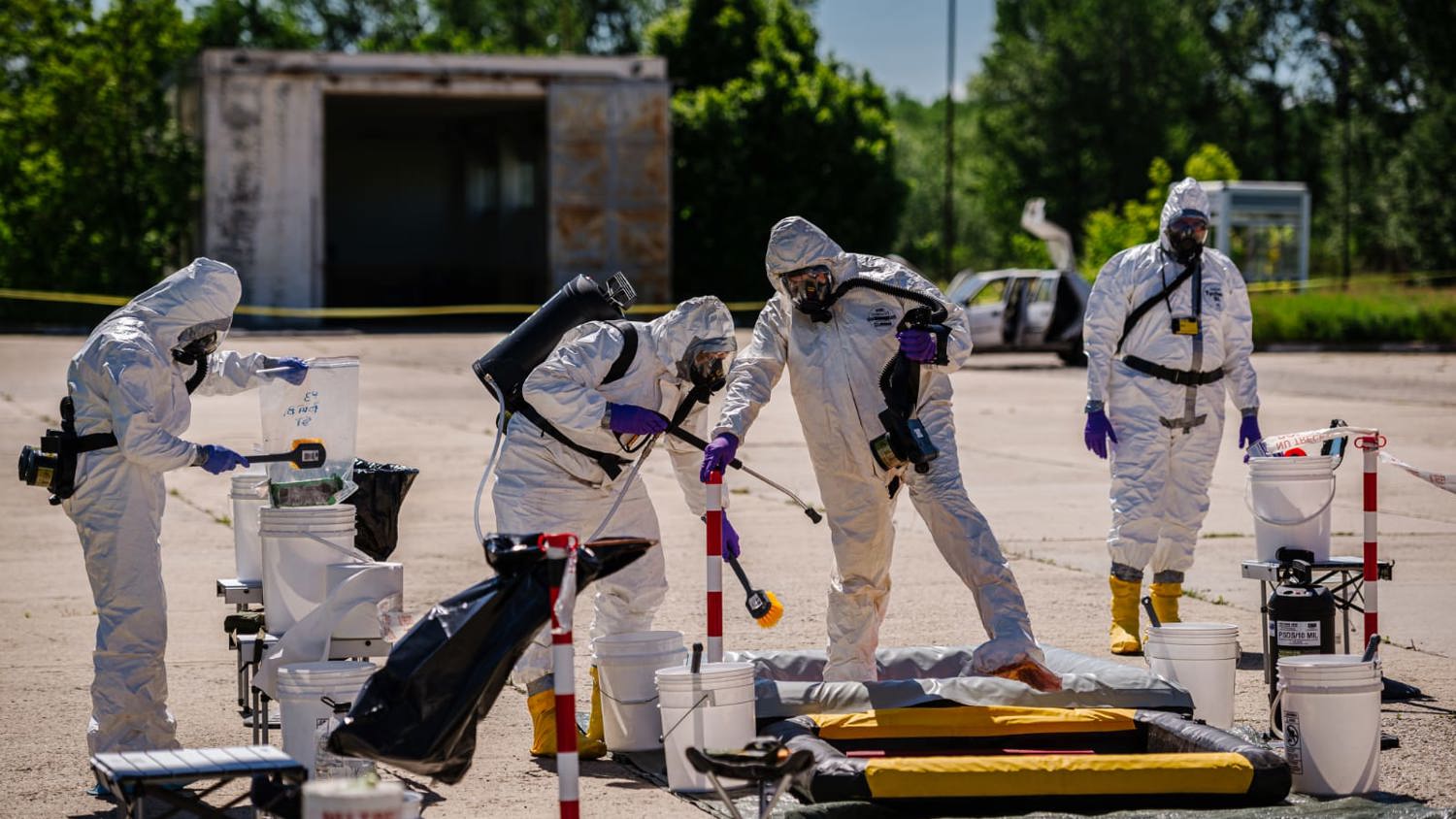
Cooperation is the key to a growing European Union
Speaking of cooperation between the EU member states, there is no better link between each of them than a region lying directly on the border. The overall advancement of the European Union implies the development of every Member State and Region. This is why the cross-border programmes have been developed. These programmes aim to develop the border areas and to build a strong relationship between the states.
Giurgiu is the name of the border region between Romania and Bulgaria and also the place where the Jerome project was developed and presented to the participants at the Interreg Annual Meeting.
Every country aims to be safe for its citizens and for the members of the European Union, security is one of the main concerns. The Jerome project came as a solution to mitigate risks along the Romania-Bulgaria cross-border area, where hazardous chemicals, biological and radioactive materials happen to be present due to transport or technological activities.
Coordinating cross-border emergency response
The project aims to save lives in the border region by improving the coordination of emergency response and recovery between Romania and Bulgaria, in the event of chemical-biological-radiological-nuclear-high yield explosive emergencies (CBRN-e). The strategic objective of the Jerome project is to create a system that allows the authorities from both sides of the border to provide and accept services to and from first-responders. It also provides capabilities and interoperability and has supported the inception of an independent forensic laboratory in the joint RO-BG cross-border region.
Special intervention units working together
The authorities engaged in this project are the special intervention units from Romania, the Independent Service for Special Interventions and Actions (SIIAS) and from Bulgaria, the Specialized Unit for Combating Terrorism (SUCT).
The power of teamwork and trust
In the short interview that Chief Commissioner Gheorghita Sasu, Deputy Commander of SIIAS gave me, he pointed out one of the most important aspects of the cross-border cooperation programmes: the teamwork.
‘I believe that the fact that both intervention units are here is enough to prove that a call can mobilise every man needed. It doesn’t matter whether we are Romanian or Bulgarian, when duty calls, we are friends, we are a team. This is a hard job and it is almost impossible to cope with an emergency situation with only a few people’, he said.
The Deputy Commander of SIIAS also emphasised the importance of cooperation between the intervention units and highlighted the close cooperation that leads to trust which is essential when working together.
'To me, this is how things should always work, we should all be able to cooperate not only in an emergency situation but in day to day work. I recommend all the security structures to make some efforts for this state of cooperation to become something usual.'
I strongly believe that no machine could ever work if its pieces don’t fit together, no matter if they are all perfect by themselves. So are the member states of the European Union, that need to cooperate in order to develop together.
During the workshops in the Interreg Annual Meeting event, the speakers referred to better leadership as a solution to growth and unity and I believe there is no better way to lead the EU to progress than to create strong, bold and healthy relationships between the member states and allow them to acknowledge themselves that the power comes from togetherness.


